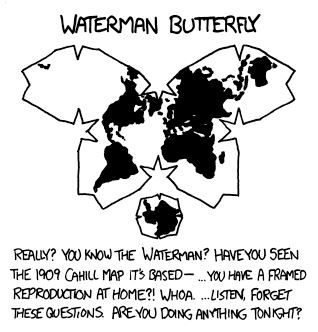- cross-posted to:
- [email protected]
- cross-posted to:
- [email protected]
I’m honestly very surprised there’s as much green as there is.
What’s the difference between Legal and Same-Sex Marriage categories?
Legal just means they won’t arrest/execute you for being in a same sex relationship. Same sex marriage means they state will officially recognize you as married.
Legal means that same-sex relationships are legal, but not marriage. Same-sex marriage means that the state recognises same-sex marriages.
I’m surprised in South Africa it’s not only legal, but government recognized.
hey islam how’s it going?
There’s also significant input from American Evangelicals contributing to these laws. For instance, Scott Lively an evangelical anti-gay activist, helped push for Uganda to penalize same-sex relationships with the death penalty. And Islam only makes up 13.7% of Uganda.
Busy touching it’s forehead to the ground five times a day instead of progressing it’s culture or human’s rights in any way.
Shoutout to an Islamic culture that used to be much more advanced than medieval Europe.
Yeah, what happened?
The crusades
checks notes
killed it.
Not really, though.
A material analysis explains it. The Middle East gradually became poorer and the local governments couldn’t support and promote science anymore. Why they became poorer? Perhaps European colonialism had something to do with it, as it circumvented Middle Eastern trade routes.
You might be confounding effect and cause. Usually material decline follows value corruption.
Not sure what you are trying to say. Anyways, we are seeing progress in science and technology happening again because of the availability of capital and investments.
Yet more progressive than many US states on things like abortion and divorce.
Sherine Hamdy, a professor of Muslim bioethics at the University of California, Irvine, notes that for Muslim women, the U.S. anti-abortion trends are worrying not only because they harm women’s rights to reproductive agency, but also because they diminish religious freedoms, since Muslim religious ethics make a strong case for women’s well-being taking priority over that of the fetus. [emphasis mine]
This means that Americans in states that effectively outlaw abortion, including Alabama, Arkansas, Missouri, Oklahoma, and South Dakota, will have fewer human rights protections than those in Iran or Saudi Arabia—countries that are often vilified by politicians across the ideological spectrum for their treatment of women. Iran, for example, allows abortion in cases of fetal impairment, and Saudi Arabia allows for abortion when the health of a patient is at risk—including mental health, which can function to allow for abortion in cases of rape or incest—contrary to only the narrow “life” or “medical emergency” exceptions that are now increasingly common in state bans in the United States. [emphasis mine]




